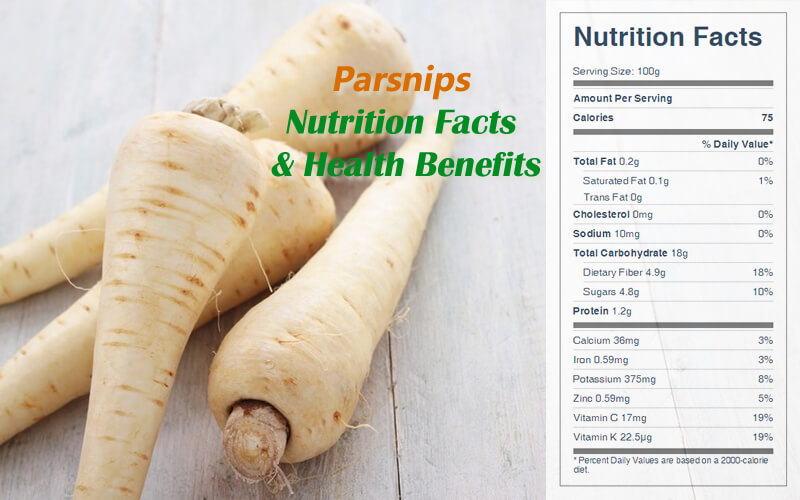Parsnips are a root vegetable that is often overlooked but packed with essential nutrients. They are an excellent source of fiber, which helps with digestion and can aid in weight management. Parsnips are also rich in vitamins C and K, which are important for boosting the immune system and maintaining healthy bones.
Additionally, parsnips contain folate, which is essential for pregnant women to prevent birth defects. They also have antioxidants that can help reduce inflammation in the body and lower the risk of chronic diseases.
Nutritional Information Parsnips
Nutritional Content of Parsnips
One cup of sliced parsnips (about 156 grams) contains approximately 100 calories. They are low in fat and cholesterol, making them a healthy choice for those looking to maintain or lose weight. Parsnips are also a good source of potassium, which is important for heart health and regulating blood pressure.
Furthermore, parsnips contain a variety of essential minerals such as magnesium, phosphorus, and manganese. These minerals play a crucial role in various bodily functions, including energy production, bone health, and metabolism.
How to Incorporate Parsnips into Your Diet
There are many delicious ways to enjoy parsnips in your diet. You can roast them with olive oil and herbs for a flavorful side dish, add them to soups and stews for extra nutrients, or puree them into a creamy soup or mash. They can also be grated and added to salads for a crunchy texture.
Whether you are looking to boost your immune system, improve digestion, or simply add more nutrients to your diet, parsnips are a versatile and nutritious vegetable to incorporate into your meals. Be sure to check the nutritional information on packaging or online sources for accurate serving sizes and calorie counts.
